Contents
Guide

An Imprint of Simon & Schuster, Inc.
1230 Avenue of the Americas
New York, NY 10020
www.SimonandSchuster.com
Copyright 2021 by Devon Price
All rights reserved, including the right to reproduce this book or portions thereof in any form whatsoever. For information, address Atria Books Subsidiary Rights Department, 1230 Avenue of the Americas, New York, NY 10020.
First Atria Books hardcover edition January 2021
 and colophon are trademarks of Simon & Schuster, Inc.
and colophon are trademarks of Simon & Schuster, Inc.
For information about special discounts for bulk purchases, please contact Simon & Schuster Special Sales at 1-866-506-1949 or .
The Simon & Schuster Speakers Bureau can bring authors to your live event. For more information, or to book an event, contact the Simon & Schuster Speakers Bureau at 1-866-248-3049 or visit our website at www.simonspeakers.com.
Interior design by Jill Putorti
Jacket design by Chelsea McGuckin
Jacket photograph by Stocksy Images
Author photograph by Collin Quinn Rice
Library of Congress Cataloging-in-Publication Data has been applied for.
ISBN 978-1-9821-4010-6
ISBN 978-1-9821-4013-7 (ebook)
For Kim, who taught me that if a persons behavior doesnt make sense, its because Im missing a piece of their context
INTRODUCTION How I Learned I Wasnt Lazy
I have a reputation as a productive person, but that reputation has cost me a lot. To the rest of the world Ive always looked like a put-together, organized, diligent little worker bee. For years, I managed to balance professional success, creative output, and activism without letting anybody in my life down. I never turned work in late. If I said I was going to be at an event, Id be there. If a friend needed help editing a cover letter for a job application (or moral support as they called their congressional representative about the latest human-rights horror of the moment), I was available. Behind that veneer of energy and dependability, I was a wreck. Id spend hours alone in the dark, overstimulated and too tired to even read a book. I resented every person I said yes to, even as I couldnt stop overcommitting to them. I was forever spreading myself too thin, dragging myself from obligation to obligation, thinking my lack of energy made me unforgivably lazy.
I know a lot of people like me. People who work overtime, never turning down additional work for fear of disappointing their boss. Theyre available to friends and loved ones twenty-four seven, providing an unending stream of support and advice. They care about dozens and dozens of social issues yet always feel guilty about not doing enough to address them, because there simply arent enough hours in the day. These types of people often try to cram every waking moment with activity. After a long day at work, they try to teach themselves Spanish on the Duolingo app on their phone, for example, or they try to learn how to code in Python on sites like Code Academy.
People like thispeople like meare doing everything society has taught us we have to do if we want to be virtuous and deserving of respect. Were committed employees, passionate activists, considerate friends, and perpetual students. We worry about the future. We plan ahead. We try to reduce our anxiety by controlling the things we can controland we push ourselves to work very, very hard.
Most of us spend the majority of our days feeling tired, overwhelmed, and disappointed in ourselves, certain weve come up short. No matter how much weve accomplished or how hard weve worked, we never believe weve done enough to feel satisfied or at peace. We never think we deserve a break. Through all the burnouts, stress-related illnesses, and sleep-deprived weeks we endure, we remain convinced that having limitations makes us lazyand that laziness is always a bad thing.
This worldview is ruining our lives.
For years, I fell into an awful pattern where Id work nonstop for the first five or six hours of the day, running through as many tasks as possible without any breaks. During those periods, Id focus so intently on the mountains of e-mails I had to respond to or the papers I had to grade that I would often forget to pause and eat a snack, stretch my legs, or even use the bathroom. Anyone who interrupted me during those cram sessions would get a blank and irritated stare. Once those five hours were over, Id collapse into a cranky, hungry, emotionally drained heap.
I loved being superefficient like that, plugging away at all the items on my to-do list that had given me anxiety the night before. I could get a truly impressive amount of stuff done during those sprints. But when I worked myself that hard, Id be completely useless afterward. My afternoons were utterly nonproductive, with me mindlessly scrolling through Instagram or Tumblr for hours. In the evening, all I had energy left to do was flop onto my bed, watch a few YouTube videos, and eat chips in the dark of my apartment.
Eventually, after a few hours of recharging, Id start to feel guilty for not using my time in more productive ways. I should be out with friends, Id tell myself. I should be working on creative projects. I should cook myself a nice, healthy dinner. Id start to feel stress about everything I needed to accomplish the next day. And then, the next morning, the cycle of guilt, overwork, and exhaustion would start up all over again.
Even back then, I knew this cycle was bad for me, and yet I found it hard to break out of. As terrible as my exhaustion felt, completing a huge pile of tasks in a couple of hours felt almost equally good. I lived to check things off to-do lists. I would get a rush when somebody would exclaim, Wow, that was fast! because Id e-mailed back sooner than they expected. I would agree to take on more responsibilities than I wanted to handle because I felt a deep need to show I was a diligent, reliable worker. And then, after putting so many tasks on my plate, I would inevitably flame out and become depressed or sick.
For years, I would berate myself for running out of steam. Whenever I didnt push myself to the limit, I felt shame about being stagnant. Whenever I said no to a task at work, Id worry I wasnt earning my keep. If I failed to help a friend when they needed it or didnt make it to a protest Id planned to go to or a concert a friend was performing in, Id feel certain everyone was judging me. I was terrified that anytime I took a break or drew a boundary, I was being lazy. After all, there was nothing worse I could be than that. As awful as being tired, overwhelmed, and burned out with no energy for hobbies or friends was, surely being lazy was worse.
I learned at an early age to tie my self-worth to how productive I was. I got good grades, and teachers generally thought I was bright, so they encouraged me to work extra hard and take on more opportunities and responsibilities. Whether it was tutoring a struggling peer in civics class or running the arts and crafts table at Bible Camp, adults would constantly ask me to take on extra responsibilities, and I would always say yes. I wanted to be helpful, industrious, and successful. After all, working hard and doing a lot was how you ensured yourself a bright future.
I had my reasons for worrying about the future. My dad grew up in Appalachia, in an old mining town with depleted infrastructure. Job prospects were nonexistent. As an adult, my dad was forever fretting about his financial future. He had cerebral palsy, which made it very difficult for him to write or type, so going to college or getting an office job seemed out of the question to him. Instead, he worked backbreaking manual-labor jobs, knowing his body wouldnt be able to handle them forever. My mom was a dental hygienist, but she suffered from scoliosis, which left her able to work only two or three days per week.


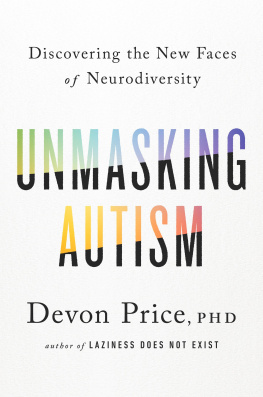
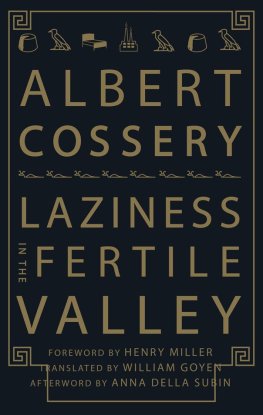


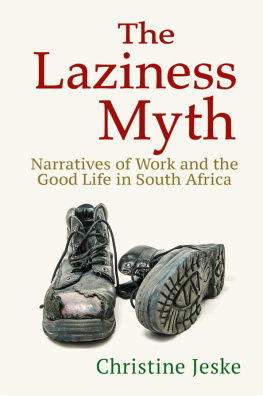

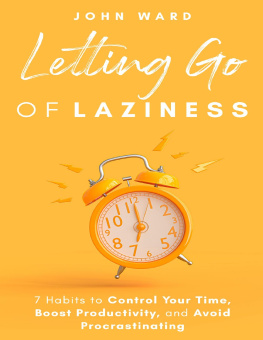
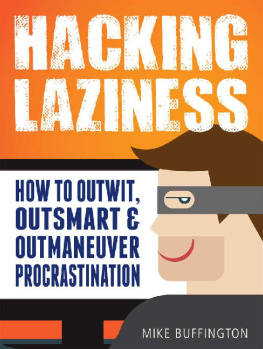


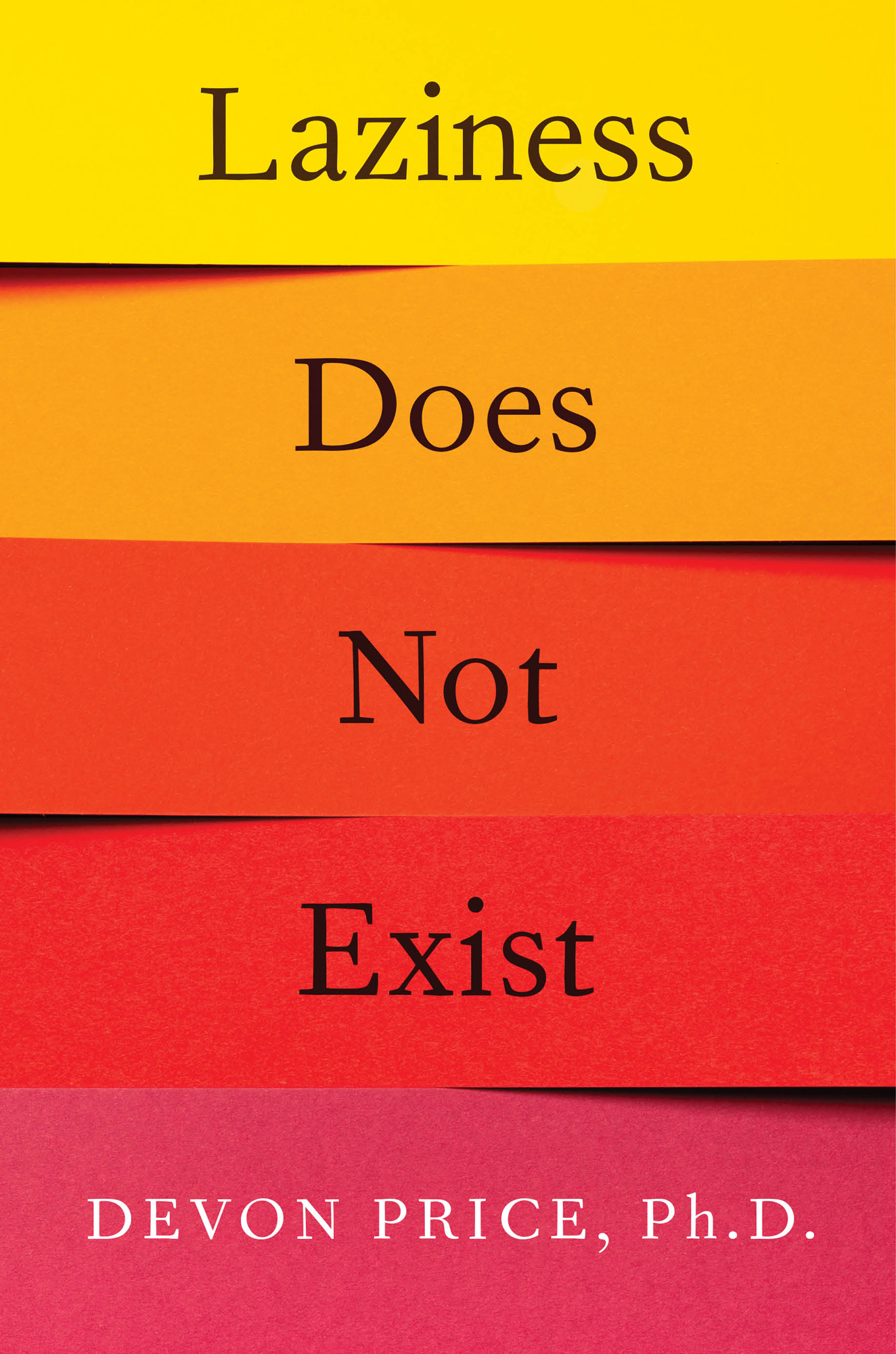


 and colophon are trademarks of Simon & Schuster, Inc.
and colophon are trademarks of Simon & Schuster, Inc.